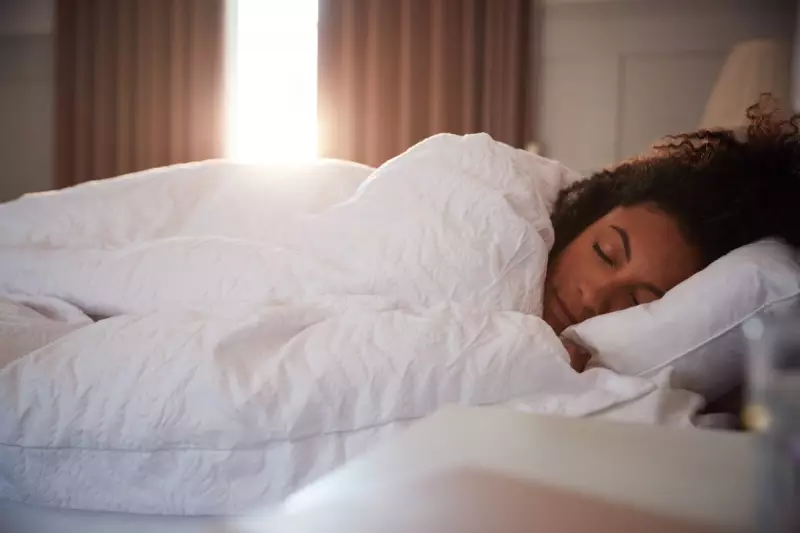
As a sharp icy snap grips the UK, bringing cold Arctic air and wet weather, many Britons are finding their sleep patterns significantly disrupted. The combination of shorter, darker days and noticeably dropping temperatures is creating unique challenges for achieving a restful night.
The Science of Sleep in a Chilly Bedroom
According to Dr David Garley, a GP and director of The Better Sleep Clinic, our circadian rhythm is key to understanding this winter phenomenon. He explains that the transition from being awake to asleep is marked by a crucial drop in our core body temperature. "When you move from the wake phase to the sleep phase of your circadian rhythm, that's marked with a drop in your core body temperature of about 0.5C to 1.5C," says Dr Garley.
While overheating in summer can prevent this transition, an excessively cold environment is equally problematic. "If it's really cold, then your body will be focused on maintaining temperature rather than slipping into sleep," he notes. Shivering in bed makes falling asleep unlikely, as the body prioritises warmth over rest.
How Cold Impacts Sleep Quality and Health
The issue isn't just about falling asleep; it's about the quality of rest you get. Dr Garley emphasises that reaching deep, restorative stages of sleep is vital. If your body is distracted by maintaining its core temperature, you may experience 'arousals'—moments where extreme or sudden cold pulls you into lighter, less refreshing stages of sleep without fully waking you.
This is a common experience for campers, who often wake up feeling "frozen solid" around 3am during the night's lowest temperature drop.
Winter also brings seasonal illnesses that further disrupt sleep. "If you have got inflamed airways, your nose is running, you've got a cough and a sore throat you will probably find it harder to fall asleep," says Dr Garley. These symptoms can increase snoring and potentially worsen conditions like obstructive sleep apnoea, leading to highly fragmented and poor-quality sleep.
The Mental Health and Routine Connection
The link between mental wellbeing and sleep is particularly relevant during winter. Seasonal Affective Disorder (SAD) can create a vicious cycle, as Dr Garley explains: "Research suggests that poor sleep can cause anxiety and depression, which means there's a system which can feed into itself." Therefore, low mood resulting from seasonal factors can directly impact sleep quality.
Furthermore, wintry weather often alters daily routines in ways that harm sleep. "The shorter, darker days mean that people often don't go out socialising as much, stop exercising and/or aren't getting that exposure to sunlight, and these factors are really important for maintaining good quality sleep," Dr Garley states.
Expert Tips for Better Winter Sleep
Dr Garley offers several practical recommendations for improving sleep during the colder months:
Maintain Your Routine: "Despite it being darker and colder, do try to keep your routine as normal as possible," he advises. "Don't let the seasons push you around."
Stay Active Indoors: Since exercise builds a stronger drive for sleep, find indoor activities if the weather prevents outdoor exercise.
Use Multiple Layers: Instead of one heavy duvet, use several thinner layers to better manage temperature throughout the night and avoid waking up sweaty.
Keep Your Room Cool, Not Cold: Find a bedroom temperature that works for you, ideally on the cooler side but not icy.
Get Daylight Exposure: Make an effort to go outside during your lunch break to maintain a consistent circadian rhythm.
Don't Force Sleep: If you can't sleep, get up and do a relaxing activity until you feel sleepy again. "If you lie in bed and get annoyed, then that independently is going to stop you from sleeping," warns Dr Garley.






